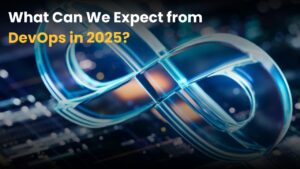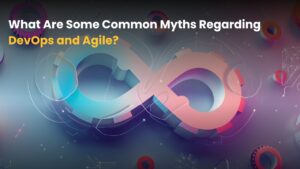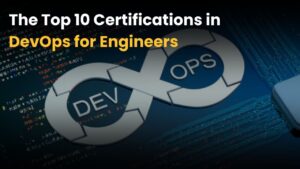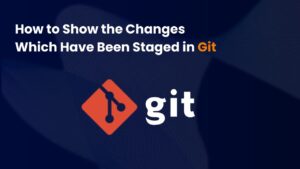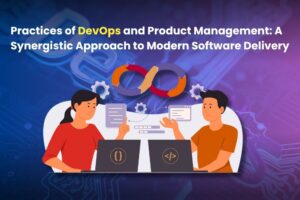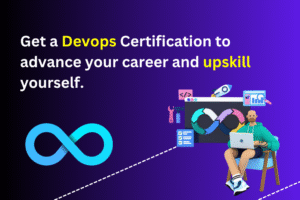DevOps has fundamentally changed the way software is created, implemented, and maintained since its start. With faster releases, collaborative workflows, and automation at its core, DevOps has helped teams deliver value to customers more efficiently. By 2025, DevOps will have evolved from a technique to a strategic need. What comes next, though?
This article explores how DevOps is evolving in 2025—its emerging technologies, cultural shifts, automation advancements, and what professionals and organizations should expect.
DevOps Becomes AI-Driven
From Automation to Intelligence
In 2025, DevOps practices are increasingly being powered by AI and machine learning (ML). While automation has long been a DevOps staple, AI takes it further by enabling predictive analysis, auto-remediation, and intelligent testing.
Real-World Use Cases
- Predictive CI/CD pipelines: AI predicts build failures before they happen, suggesting code changes.
- Self-healing infrastructure: When a service fails, AI bots can automatically spin up replacements or roll back changes.
- Smart root cause analysis: ML models analyze logs and metrics to pinpoint failure sources in seconds.
Tools to Watch
- Harness AI for DevOps
- Dynatrace Davis
- AIOps platforms like Moogsoft and BigPanda
DevSecOps Is No Longer Optional
Security Shifted Even Further Left
In 2025, DevSecOps will become a mandatory component of DevOps pipelines. With the rise in supply chain attacks and API vulnerabilities, organizations now build security into the development process from the very beginning.
Key Trends
- Code scanning in IDEs before commit.
- Software Bill of Materials (SBOMs), which are necessary for compliance.
- In production, runtime application self-protection, or RASP, is becoming the norm.
Popular Tools
- Snyk, Aqua Security, Checkmarx
- GitHub Advanced Security
- Trivy and Grype for container scanning
Platform Engineering: The DevOps Evolution
Rise of Internal Developer Platforms (IDPs)
DevOps in 2025 is seeing a cultural and structural evolution. Platform engineering is emerging as the next iteration of DevOps, where specialized teams build internal developer platforms to abstract complexities.
Why Platform Engineering Matters
- Self-service infrastructure: Developers deploy environments with minimal operations overhead.
- Consistency and compliance: Platforms enforce standards across environments.
- Improved developer experience (DevEx): less friction, faster delivery.
Tools and Frameworks
- Backstage (by Spotify)
- Humanitec
- Kratix
Observability Over Monitoring
From Logs to Holistic System Understanding
In 2025, organizations move beyond traditional monitoring to full-stack observability. Rather than waiting for incidents to occur, teams proactively analyze system behavior.
The Three Pillars of Observability
- Logs: What took place?
- Measures: What is the system’s performance?
- Traces—Where are the delays or bottlenecks?
Benefits
- Faster incident detection and resolution
- Real-time SLO monitoring
- Automated anomaly detection using ML
Tools Leading the Way
- OpenTelemetry
- Grafana Tempo and Loki
- Honeycomb, Datadog, New Relic
DevOps in Multi-Cloud and Edge Environments
Cloud-Native Goes Distributed
While cloud-native architecture has matured, in 2025, we see a massive shift toward multi-cloud and edge computing. DevOps now needs to support deployment across varied, distributed environments.
Challenges
- Handling latency-sensitive edge apps
- Managing infrastructure as code (IaC) across providers
- Ensuring observability and security at the edge
Emerging Practices
- GitOps for consistent multi-cloud deployment
- Cloud-neutral abstractions using Crossplane or Terraform
- Lightweight Kubernetes distributions like K3s for edge
GitOps and Everything as Code
Declarative Everything
In 2025, GitOps—the practice of controlling apps and infrastructure using Git repositories—became the de facto norm. Nearly everything in DevOps is now code-defined and version-controlled.
Types of “As Code” Practices
- Infrastructure as Code (IaC)—Terraform, Pulumi
- Configuration as Code—Ansible, Chef
- Policy as Code—Open Policy Agent (OPA)
- Monitoring as Code—Prometheus and Grafana dashboards versioned in Git
Continuous Reconciliation
GitOps tools like ArgoCD and Flux continuously ensure the deployed state matches the desired Git state, reducing configuration drift and simplifying rollbacks.
Enhanced Developer Experience (DevEx)
DevOps for Developers
In 2025, there’s a strong focus on improving the developer experience. Complex CI/CD and cloud infrastructure can slow down developers. Modern DevOps emphasizes usability, transparency, and autonomy.
Best Practices
- Pre-built CI/CD templates
- Live preview environments
- Instant feedback loops with faster builds
DevEx Tools
- Vercel, Netlify for front-end previews
- GitHub Copilot for CI config suggestions
- Scaffolded pipelines in Jenkins X or Tekton
Chaos Engineering & Resilience Testing
Testing Beyond Happy Paths
With distributed systems being more common, 2025 brings widespread adoption of chaos engineering to proactively test system resilience.
Goals
- Identify systemic weaknesses
- Improve incident response playbooks
- Build confidence in high-availability systems
Tools to Try
- Chaos Mesh
- Gremlin
- LitmusChaos
No-Code/Low-Code Integrations in DevOps
Simplifying Workflows
By 2025, the emergence of no-code/low-code platforms has made DevOps more accessible to non-engineering teams and citizen developers. These enable common DevOps processes to be automated without requiring extensive programming skills.
Use Cases
- Automated alerts via Zapier or n8n
- Visual workflow builders for CI/CD (e.g., CircleCI’s visual pipelines)
- Custom dashboards without code
10. Sustainability and Green DevOps
Eco-Friendly Pipelines
As environmental concerns grow, DevOps teams in 2025 are focusing on sustainability metrics—like energy usage, CPU waste, and carbon emissions of builds.
Practices
- Reducing redundant builds and test executions
- Container recycling
- Leveraging serverless and spot instances
Evolving DevOps Roles and Career Paths
Specialized Titles in 2025
- DevSecOps Engineer
- Platform Engineer
- Site Reliability Engineer (SRE)
- AI/ML DevOps Engineer
Skill Set Evolution
- Must-know skills in 2025:
- YAML, Terraform, Kubernetes
- GitOps, OPA, CI/CD design
- Cloud-native security practices
- AI observability tools
Conclusion: DevOps Is Now a Business Enabler
In 2025, DevOps is more than pipelines and infrastructure—it’s a strategic lever for innovation. Whether it’s through AI-enhanced deployments, security automation, or developer-focused experiences, DevOps is reshaping how businesses deliver digital value. Accelerate your tech career with a hands-on DevOps course designed to meet current industry demands.
Teams that embrace these trends—not just as technologies but as part of their organizational culture—will stay ahead in the rapidly changing software delivery landscape.
